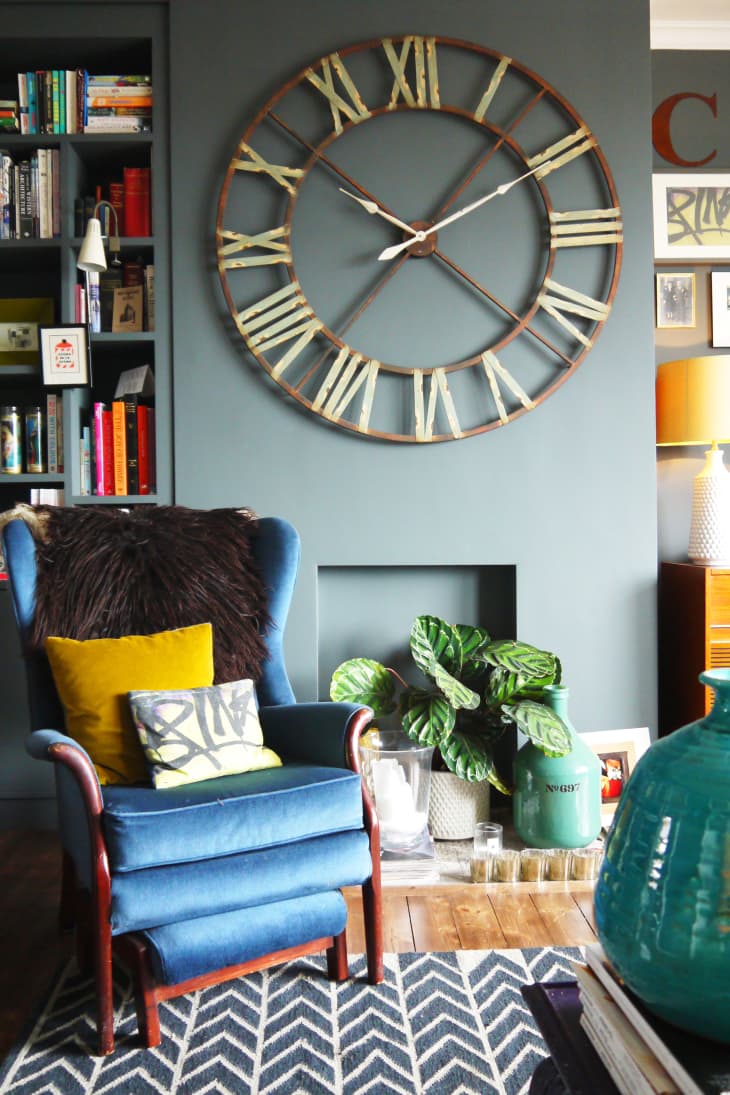How Many Clocks Should I Have and Where Should I Put Them?

Time management, of course, aims to help us make the most of our time. As the cornerstone of time management, clocks can help us stay in control of our time. Let’s take a closer look at how you can place clocks in your home most strategically.
How Many Clocks Should You Have?
Even though there’s a clock on your phone and your computer (and maybe even still on your wrist), there’s something about an ambient clock you can see out of the corner of your eye that keeps you accountable.
So the more clocks, the more on time you’ll be? Well, not necessarily. First, there is the possibility that too many clocks could make you immune to their gentle nudging effect. Secondly, and to me, more importantly, too many clocks can create a subtle atmosphere of stress: time is ticking, hurry hurry, oh look another clock, better get going, now now, move, tick tock ticktockticktockTICKTOCK!!! You get the idea.
You want to think of clocks as an anchor. When you need to know what time it is, is there a clock within sight, big enough that you can see it? This brings us to our next question.
Where Should Your Clocks Be?
To decide the most useful location for your clocks, consider your routines and where you are right before you need to be somewhere. Are you in the bathroom putting finishing touches on your hair? Are you at your desk reading the news online? Are you in the kitchen grabbing lunch to take with you to work? Put clocks in these places, or where they are visible from these locations.
You probably also need an alarm clock in your bedroom. Your bedroom is also where you sleep, so you need to make sure it’s as relaxing as possible. Bedroom clocks shouldn’t be obtrusive, and you shouldn’t have too many of them — which brings us to our final consideration.
What Kind of Clock Should You Use?
In addition to being in the right place, make sure that the style of your clock also contributes to its usefulness. You could have a clock in just the right place, but if you have to squint or walk over to see it, it’s not the right clock for the job. Your clock needs to be the right size.
Next, consider an old-fashioned clock with numbers and moving hands rather than a digital clock. This way you can “see” the time passing by and visualize how much — or how little — you have left.
But even when you have your clocks perfectly placed and you’re on time for everything, remember to grab some time every now and then to recharge without a reminder that time is ticking away.